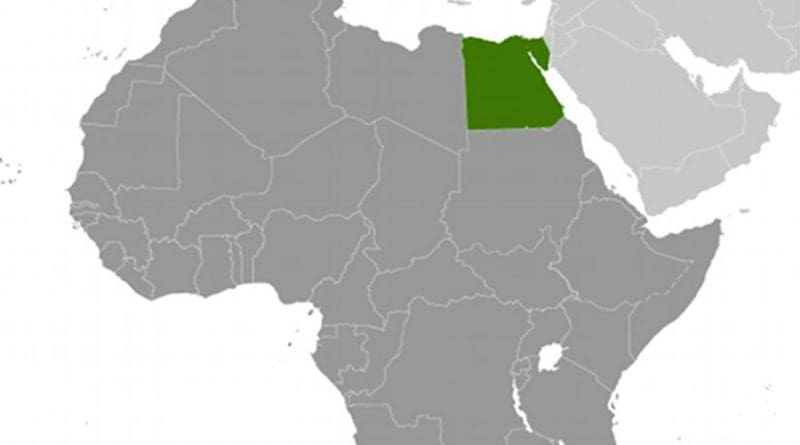Egypt: EFA To Improve Relations With Ultras Amid Mounting Clashes – Analysis
The newly elected head of the Egyptian Football Association Gamal Allam has vowed to improve relations with the ultras amid mounting clashes between militant soccer fans, President Mohammed Morsi’s Muslim Brotherhood and security forces.
Mr. Gallam, the chairman of a soccer club in the upper Egyptian city of Luxor, made his vow a day after thousands of militant, highly politicized, street battle-hardened supporters of crowned Cairo club Al Ahly SC marched on Mr. Morsi’s palace to demand justice for 74 of their brethren killed in a brawl in Port Said in February.
Ultras, Egypt’s second largest civic group after the Muslim Brotherhood, were a day later among critics of Mr. Morsi who clashed with the president’s supporters on Cairo’s Tahrir Square. The clashes occurred in part as a result of anger at the acquittal of 24 people on charges of having participated in the Battle of the Camels during mass protests that last year toppled Egyptian president Hosni Mubarak when the demonstrators were attacked by men on camels.
The clashes occurred after the prosecutor in the case, Abdel Meguid, defied an order by Mr. Morsi to relinquish his post and be dispatched to the Vatican as Egypt’s ambassador.
Mr. Allam has to come to an understanding with the ultras to achieve his goal of ensuring that next week’s expected lifting of an eight-month old ban on professional soccer imposed after the Port Said incident is not thwarted by the ultras who see the brawl and the acquittal as closely linked.
The ultras oppose the lifting of the ban as long as justice has not been served on the perpetrators of the Port Said brawl, the worst incident in the history of Egyptian sports, and have vowed to disrupt matches if they are restarted on October 17 as planned.
Many in Egypt believe that the brawl was instigated by the security forces and the police, the most despised institutions in Egypt because of their central role in Mr. Mubarak’s repression, in a bid to teach the ultras a lesson. The ultras played a key role as the shock troops of last year’s rising, including in the Battle of the Camels, and emerged as the most militant opponents of the military which governed Egypt until Mr. Morsi’s election in July.
In seeking an understanding with the ultras, Mr. Allam will be negotiating with a group emboldened by a string of successes, starting with last year’s overthrow of Mr. Mubarak. Ultras Ahlawy, the militant support group of Al Ahly, has in recent months attacked the EFA’s headquarters on three occasions, stormed thye club’s training ground and forced their way into media offices.
The actions forced Mubarak era-soccer officials Hani Abou-Reida and former Al Ahly goalkeeper Ahmed Shobeir to withdraw their candidacies in this month’s EFA election. The ultras’ anti-corruption campaign further resulted this week in the freezing of the assets of and a travel ban on Al Ahly chairman Hassan Hamdy by the Illegal Gains Authority on suspicion that his wealth stemmed from corrupt dealings. Egypt’s prosecutor also announced this week that he would be investigating financial irregularities in the 2006 African Cup that was organized by the EFA. Earlier, the ultras succeeded in getting the resumption of professional soccer delayed by a month after the ban was originally to be lifted on September 17.
Mr. Allam is likely to find the going tough with the ultras despite the fact that a number of their demands have been met. The two trickiest issues for the newly elected president are the ultras’ demands that the police and the security be deprived of their responsibility for security at matches and that fans be allowed to attend the games because of the threat of violence. The ultras’ hands have been strengthened by an agreement reached this week in Tunisia with the Tunisian Football Association to lift the ban on fans attending matches.
The two issues go to the core of widespread dissatisfaction in Egypt that there has as yet been no serious attempt at reform of the police and the security forces, the backbone of the Mubarak regime, and that former Mubarak officials and officers responsible for the deaths of protesters and fans have been treated leniently by the courts.
More than 70 people, including nine mid-level security officials are on trial for the Port Said incident in a slow-moving legal process. More senior officials who would have instructed the police to stand aside in Suez Canal city’s main stadium while the Al Ahly fans were attacked by rival fans and men believed to be pro-Mubarak thugs.

